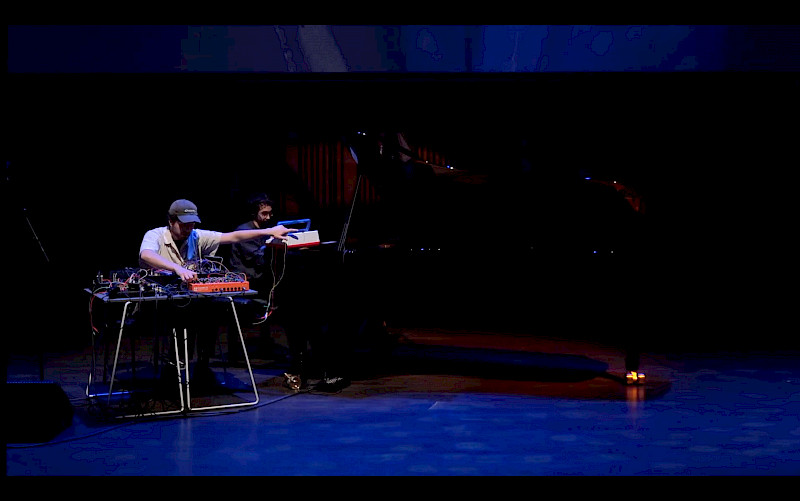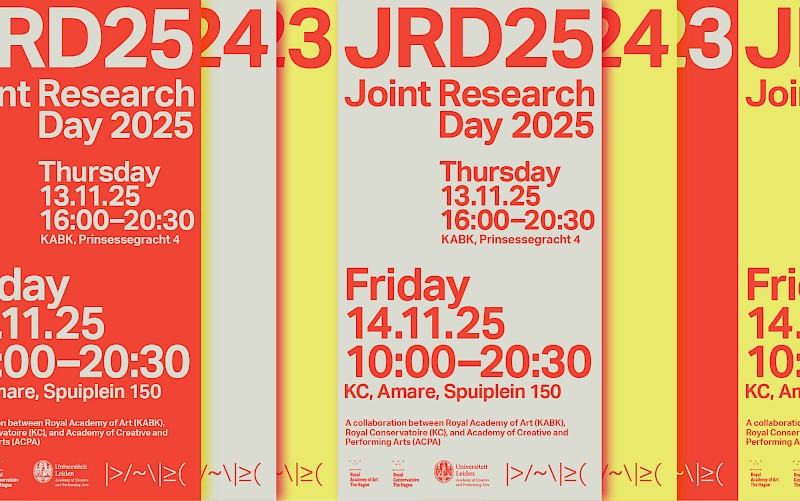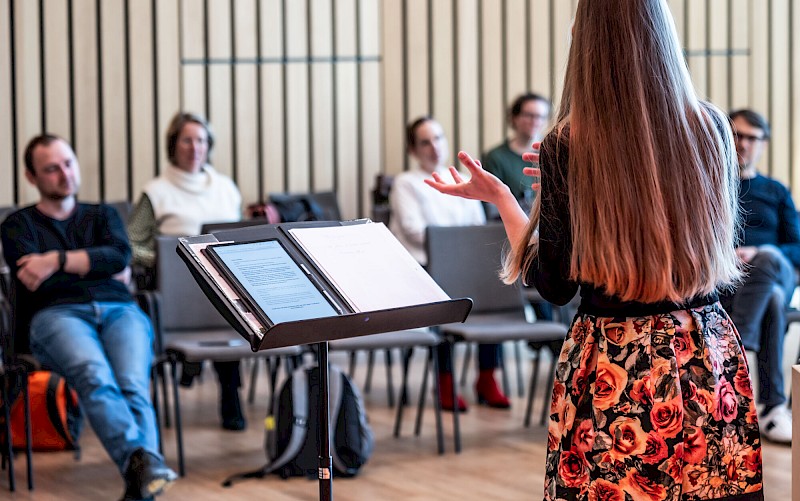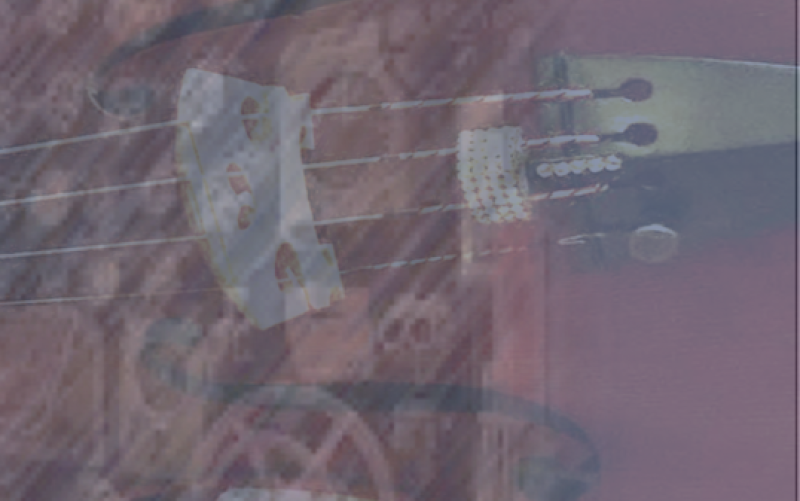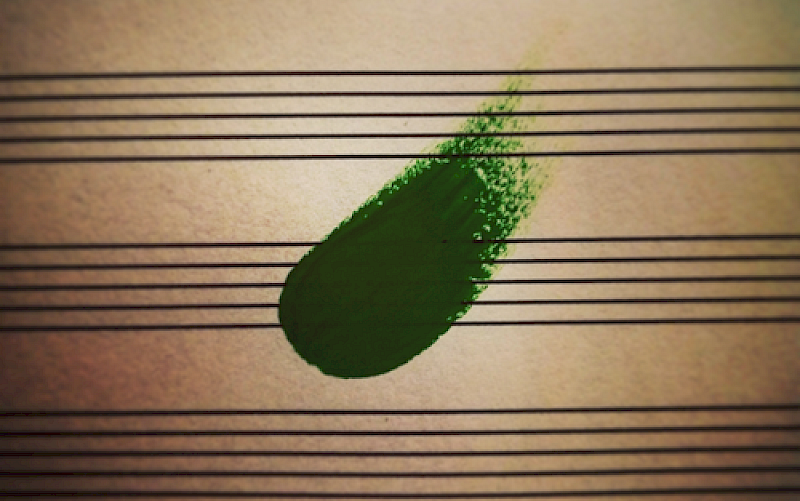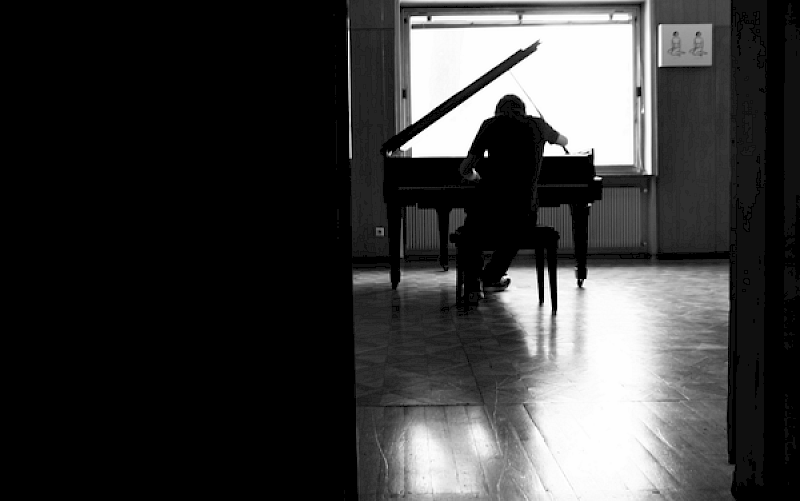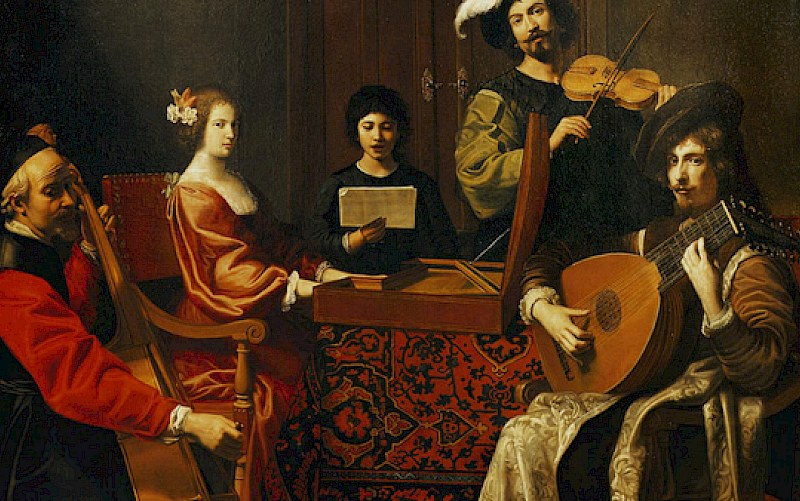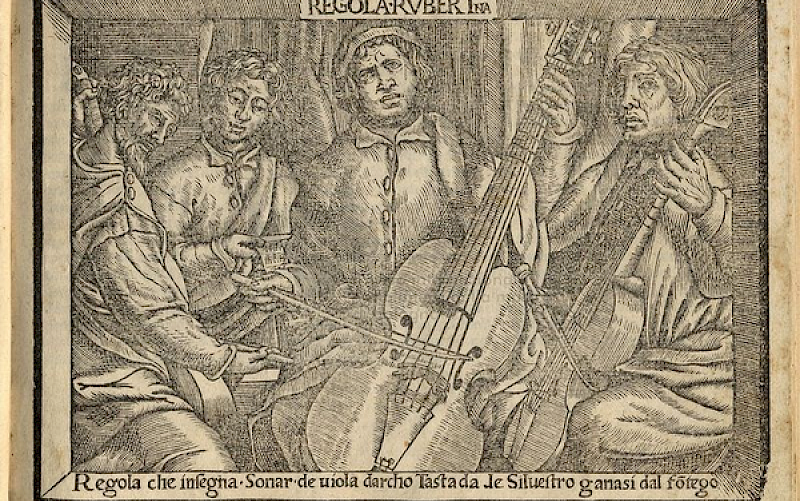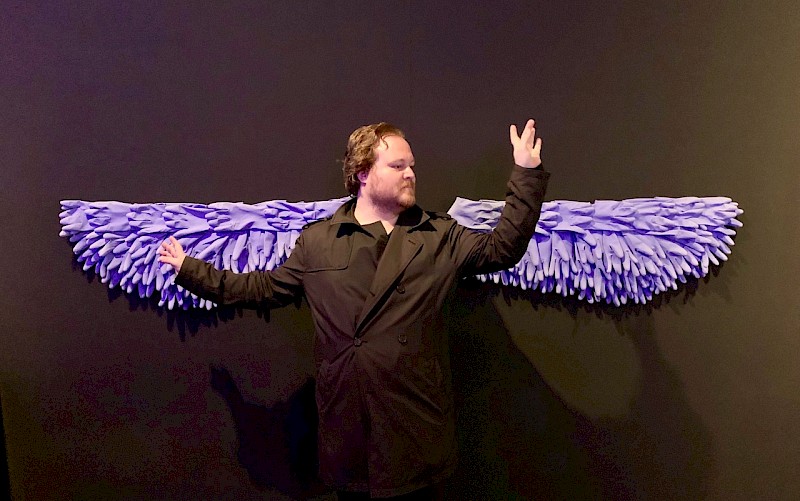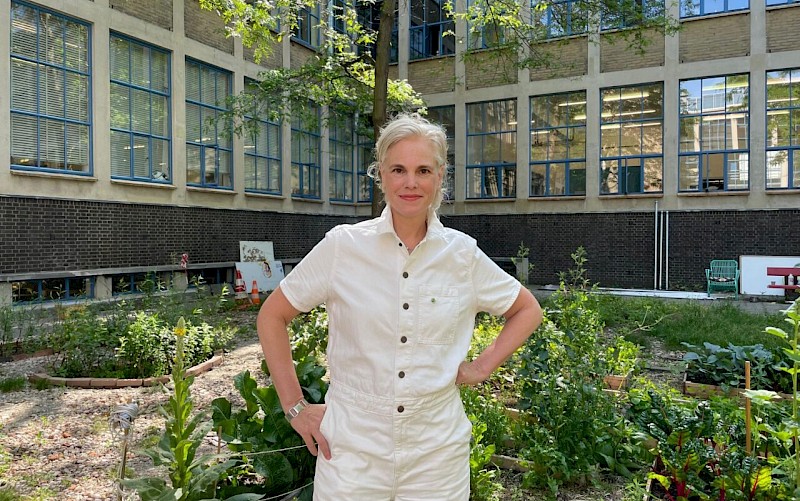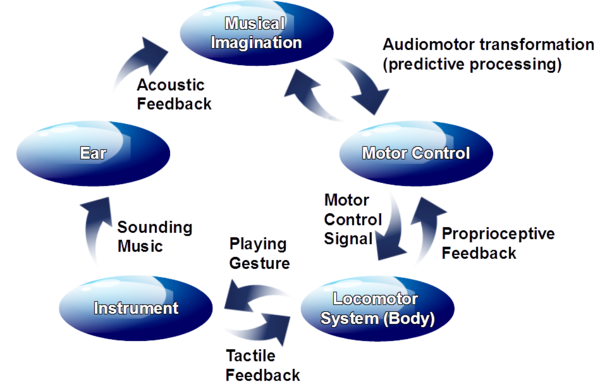
Intention-based Piano Pedagogy
This research focuses on the guidance of students of piano methodology ("piano pedagogy") in acquiring didactic skills. More specifically, it aims to support them in understanding and applying research-based educational principles in their internship lessons. Recent scientific research on motor control and motor skill learning offers opportunities for evaluating current practices in piano pedagogy and coming up with innovative teaching approaches. Based on an extensive review of research results, I have formulated educational principles for achieving pianistic quality. I argue that mental auditory representations of intended musical outcomes ("musical intentions") iniate and steer musical motor control processes. Furthermore, I have summarized several research-supported teaching strategies that promote motor skill learning and presented examples of their practical application in piano pedagogy. I have applied several interventions aimed at enhancing conveyance of these educational principles to students of piano methodology. In the first place, I have created extensive study materials (booklets, videos, slide presentations) that both explain and show practical applications of these principles in piano pedagogy. Furthermore, I have introduced peer-to-peer learning: students observe and evaluate their own and each other's internship lessons. Results of this research show that further improvement of the methodology course is required in order to achieve its goals. Both the study material and the peer-learning opportunities have shown to be valuable additions. However, students still exhibit a lack of creativity in finding relevant teaching strategies within their internship lessons. I have formulated several additional interventions for further improvement.
Author: Bastiaan van der Waals

